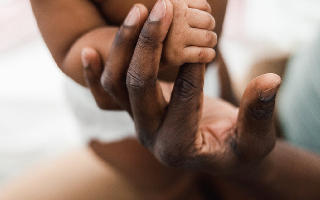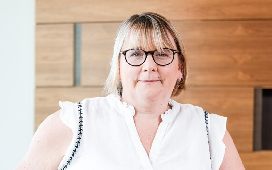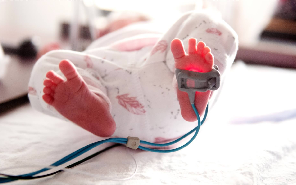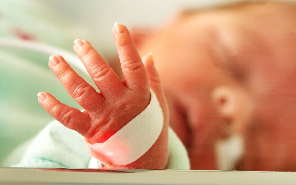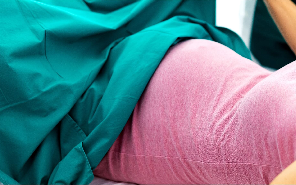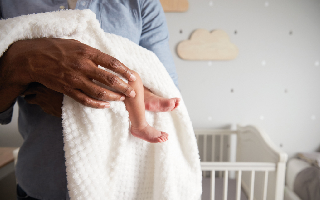
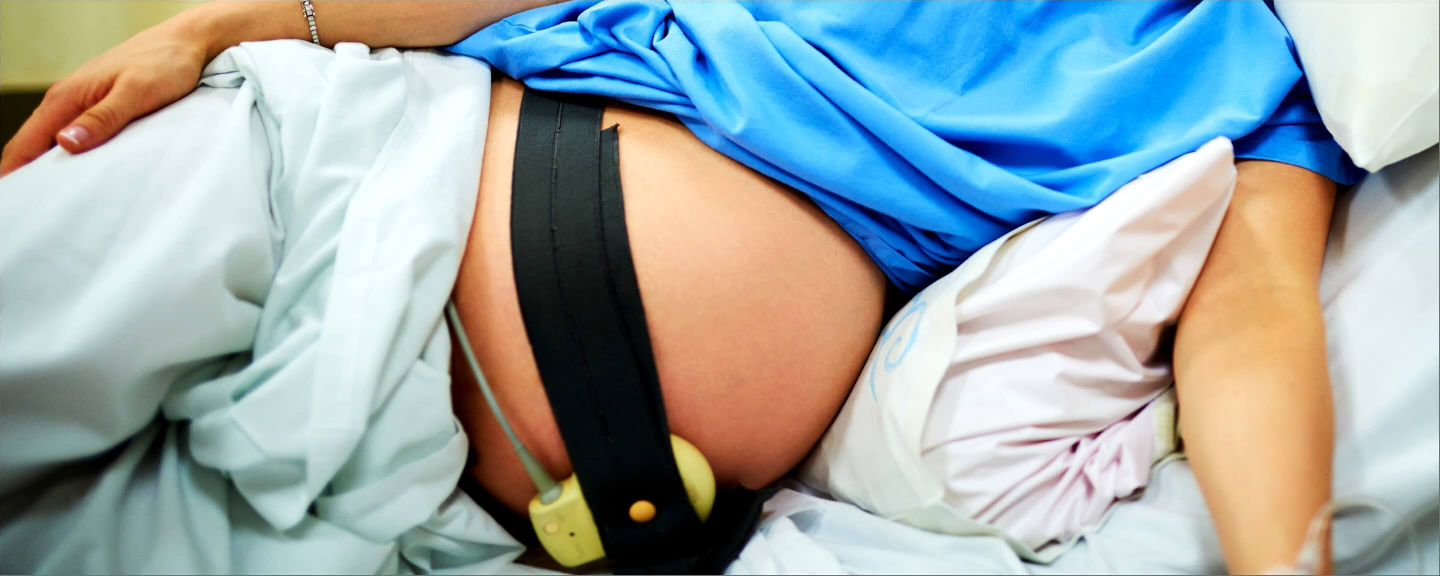
Baby Born with Cerebral Palsy After Delayed Treatment
- Home >
- Case studies >
- Baby Born with Cerebral Palsy After Delayed Treatment
Background
Baby X’s mother attended her local hospital because of a reduction in the baby’s movements in the preceding 12 hours. A CTG trace indicated that the baby was in distress and needed urgent attention. The hospital rightly arranged travel for the mother to St John’s Hospital in Chelmsford, the closest maternity hospital to their location.
However, upon arriving at St John’s Hospital, no action was taken for several hours due to ‘competing emergencies’ at the hospital. This was despite medical professionals continuing to monitor Baby X’s heart rate with CTG, which continued to be concerning. By the time a decision was made to perform a Caesarean section, Baby X had endured an extended period of oxygen starvation, which resulted in him suffering significant and avoidable brain damage.
As a result of this delay and the deprivation of oxygen, Baby X was diagnosed with Cerebral Palsy. In the years following the incident, this has seriously impacted the child’s development, including:
- Delay in his emotional and intellectual development, which are both years behind his actual age
- Mobility problems, meaning he can’t walk unaided
- Muscle spasms, particularly with his arms
- Difficulty in communication
- Behavioural challenges, including frustration and mood swings
- Little to no understanding of danger
It has also been emotionally and psychologically taxing for Baby X’s parents, who have needed to act as carers as well as parents. It was recently determined that Baby X will require the assistance of two full-time carers to look after his needs for the rest of his life. Before the settlement, the family’s home was not suitable for someone with Baby X’s complex needs.
In investigating this birth injury case, our team worked with obstetrics experts to determine whether the actions of the obstetricians responsible for the mother’s care were appropriate considering the CTG readings. We then obtained the opinion of a paediatric neurologist and a paediatric neuroradiologist to determine the extent of the injury to Baby X’s brain and to ensure this was consistent with what we believe had occurred in utero.
Once this was complete, we obtained advice from several experts to understand what accommodation, care and assistance, therapies, aids and adaptations Baby X would require throughout his life. This meant seeking reports from an educational psychologist to assess what level of development Baby X would reach compared to his peers, a physiotherapist, a speech and language therapist, an architect and a care expert.
We then had to consider Baby X’s life expectancy to ensure that he would have all of these things for as long as he lives.
We started our investigation in 2012, but this medical negligence settlement could not be reached for several years due to the importance of determining the long-term impact the oxygen deprivation Baby X suffered during birth would have on him throughout his life.
Settlement
The Defendant admitted breach of duty early in proceedings. This Cerebral Palsy claim was settled out of court for £26,000,000, of which £6,500,000 was provided as a lump sum, from which a specially adapted home was purchased. £290,000 was awarded for Baby X’s pain and suffering. Baby X’s parents received over £200,000 for the past care which they had provided to him.
The balance is to be paid annually for the rest of Baby X’s life to ensure that he always has sufficient money to provide for all the care he requires and his other needs, giving his parents great peace of mind.
The settlement was agreed in May 2020 and received court approval in July 2020 from Mrs Justice Lambert, who stated that she “needed no persuasion” in approving the settlement.
With the help of the lump sum provided, the family has been able to purchase a new home that is large enough to give Baby X space to play and with relevant safety features to protect his wellbeing. Furthermore, this provides room for his two sleep-in carers without the risk of overcrowding for them and the family. Particularly during the lockdown, this increased space has helped keep Baby X occupied and supported.
This case was led by Corrina Mottram.
NOTE: While our case studies are designed to give an indication of the outcomes that can be achieved in these circumstances, the compensation awarded in individual cases can vary significantly due to a range of factors, including effects on life expectancy, the severity of the negligence that took place, and the financial impact.
Featured birth injury case studies
Featured birth injury insights

